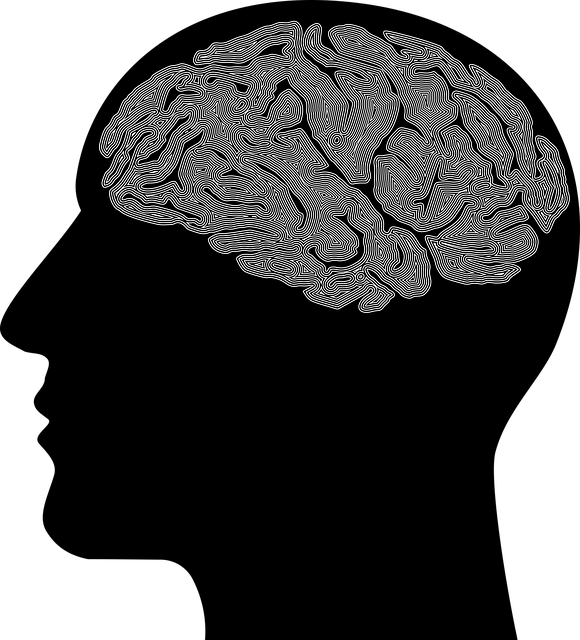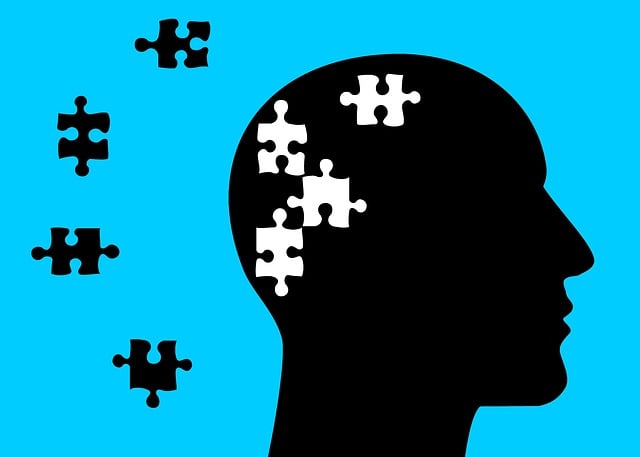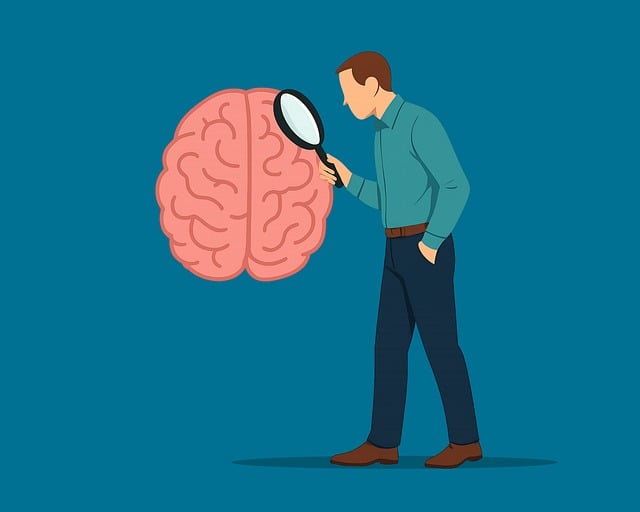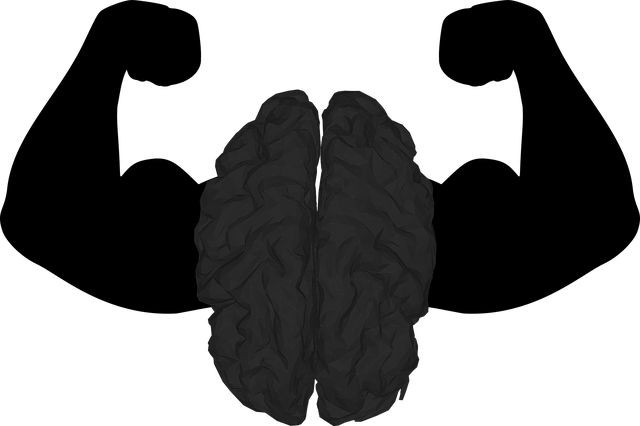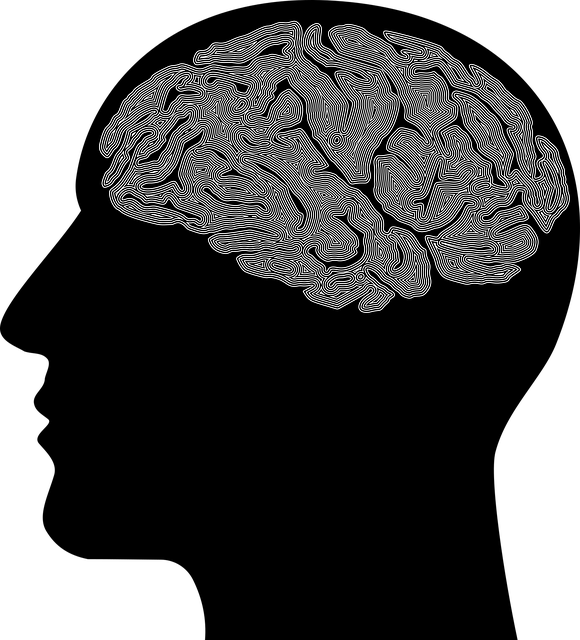Northglenn Neuro Disorders Therapy (NNDT) provides a comprehensive mental health education program focusing on demystifying conditions, breaking stigma, and promoting early intervention. This holistic approach integrates stress reduction methods, self-esteem improvement, emotional intelligence training, and peer support networks through interactive workshops, group discussions, and a podcast series. NNDT's evidence-based methods equip individuals with tailored coping skills for effective stress management, enhancing mental wellness and life quality.
Mental health education programs play a pivotal role in fostering well-being, especially as issues like anxiety, depression, and neuro disorders become increasingly prevalent globally. This article explores how such programs can be designed and implemented effectively. We begin by understanding the foundational aspects of mental health. Subsequently, we delve into strategic components for creating impactful educational initiatives. Through a case study of Northglenn Neuro Disorders Therapy, we showcase practical steps in designing, implementing, and evaluating successful mental health education programs.
- Understanding Mental Health: A Foundation for Education
- Designing an Effective Program: Strategies and Components
- Implementing and Evaluating: Northglenn Neuro Disorders Therapy in Action
Understanding Mental Health: A Foundation for Education

Understanding mental health is a fundamental step in designing an effective education program, especially when tailored for communities like Northglenn with specific needs, such as neuro disorders therapy. This involves demystifying various conditions, breaking down stigma, and promoting early intervention. Education should cover common mental health issues, their symptoms, and available support systems, ensuring individuals recognize signs in themselves or others and know how to access help.
A comprehensive approach includes teaching resilience-building strategies and social skills training to foster a supportive environment. By empowering individuals with knowledge, they can better manage stress, anxiety relief techniques, and promote overall well-being. This foundational understanding is crucial for developing tailored programs that cater to diverse populations, ensuring everyone has access to the resources they need for their mental health journey.
Designing an Effective Program: Strategies and Components

Designing an effective mental health education program requires a holistic approach that addresses various aspects of an individual’s well-being. At Northglenn Neuro Disorders Therapy, we’ve found success in integrating diverse strategies and components to create impactful learning experiences. One key element is Stress Reduction Methods, which can be taught through interactive workshops and mindfulness exercises, empowering participants with tools to manage daily pressures. Additionally, focusing on Self-Esteem Improvement through group discussions and positive psychology techniques fosters a supportive environment where individuals build confidence and resilience.
A comprehensive program should also include practical sessions on coping mechanisms, emotional intelligence training, and peer support networks. Incorporating these elements within engaging formats such as interactive workshops, panel discussions with mental health experts, and even a Mental Wellness Podcast Series Production can enhance learning retention and encourage ongoing participation. By blending theoretical knowledge with hands-on activities, programs become more effective in promoting mental wellness and encouraging individuals to take charge of their emotional well-being.
Implementing and Evaluating: Northglenn Neuro Disorders Therapy in Action

Implementing Northglenn Neuro Disorders Therapy (NNDT) involves a multi-faceted approach to mental health education and treatment. The program is designed to empower individuals with coping skills development, stress management techniques, and strategies for enhancing mental wellness coaching programs. NNDT integrates evidence-based practices tailored to address specific neurodevelopmental needs, ensuring personalized care that supports each individual’s unique journey towards mental health stability and growth.
Evaluating NNDT reveals its effectiveness in fostering positive changes. Regular assessments track progress, allowing for adjustments and refinements as needed. This iterative process ensures the program remains responsive to participants’ evolving needs, promoting continuous improvement in stress management and overall mental wellness. By focusing on both therapeutic interventions and skill-building, NNDT empowers individuals to navigate life’s challenges more effectively, ultimately enhancing their resilience and quality of life.
Mental health education programs, as exemplified by the successful implementation of Northglenn Neuro Disorders Therapy, play a pivotal role in fostering awareness and promoting well-being. By integrating strategies that cater to diverse learning needs, these programs can effectively equip individuals with the knowledge and skills required to navigate mental health challenges. Continuous evaluation and adaptation, inspired by innovative models like Northglenn’s, are essential to ensuring their efficacy and relevance in a dynamic societal landscape.
